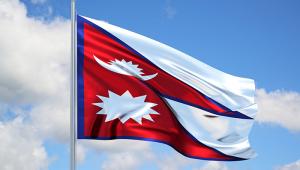By Vivienne Russell | 21 August 2013
The World Bank has focused its efforts in Europe and central Asia on strengthening public finances and improving public services, it said in an annual review of its activity in the region.
A total of $10.2bn was provided to governments in Europe and central Asia (ECA) during the bank’s 2013 fiscal year (July 1 2012 - June 30 2013), it said this week.
Funds were used on projects addressing three critical challenges: increasing economic competitiveness; fostering social inclusion; and dealing with climate change.
According to the bank, improved governance, more efficient public spending and the construction and maintenance of infrastructure are vital to increasing competitiveness. Among World Bank-funded projects focused on these outcomes were: the modernisation of tax administration in both Armenia and Romania; improved roads in Armenia and Serbia; and more stable public finances in Macedonia.
‘Growth in Europe and central Asia continues, despite the slowdown in 2012,’ said Laura Tuck, World Bank acting vice president for the ECA region said.
‘This year, calmer financial markets and global trade have helped improve the situation in the region. We have focused on supporting countries in their efforts to strengthen their economic competitiveness and public finances, improve public services, strengthen the banking systems, and protect the most vulnerable from the impacts of the economic slowdown.’
Poverty-reduction and social inclusion measures have centred around increasing access to health and education services and improving governance so that citizens’ voices are heard in deigns social policies and improving public services.
The bank’s report highlighted projects in the Kyrgyz Republic, Moldova and Azerbaijan, which are helping engage rural communities in participatory and transparent decision-making at a local level.
Of the $10.2bn provided by the World Bank, more than half ($5.3bn) came in project and policy loans from its International Bank for Reconstruction and Development and the International Development Association. A further $4.4bn was provided by the bank’s International Finance Corporation, and $0.5bn by the Multilateral Investment Guarantee Agency.













